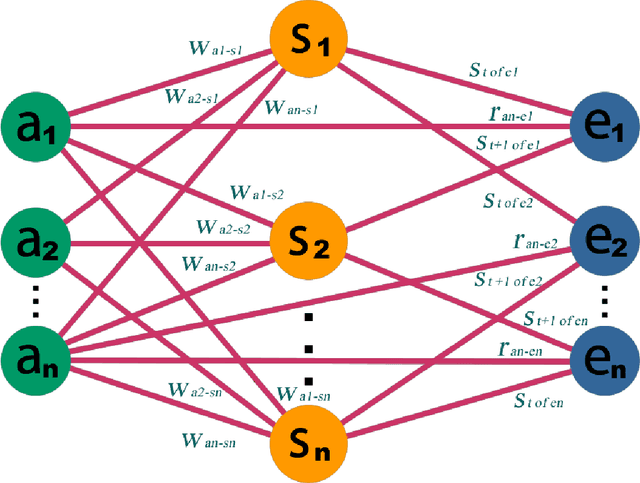Haoxi Zhang
Tokensome: Towards a Genetic Vision-Language GPT for Explainable and Cognitive Karyotyping
Mar 17, 2024



Abstract:Automatic karyotype analysis is often defined as a visual perception task focused solely on chromosomal object-level modeling. This definition has led most existing methods to overlook componential and holistic information, significantly constraining model performance. Moreover, the lack of interpretability in current technologies hinders clinical adoption. In this paper, we introduce Tokensome, a novel vision-language model based on chromosome tokenization for explainable and cognitive karyotyping. Tokensome elevates the method from the conventional visual perception layer to the cognitive decision-making layer. This elevation enables the integration of domain knowledge and cognitive reasoning via knowledge graphs and LLMs, markedly enhancing model's explainability and facilitating abnormality detection.
Towards Neural Knowledge DNA
Feb 27, 2016


Abstract:In this paper, we propose the Neural Knowledge DNA, a framework that tailors the ideas underlying the success of neural networks to the scope of knowledge representation. Knowledge representation is a fundamental field that dedicate to representing information about the world in a form that computer systems can utilize to solve complex tasks. The proposed Neural Knowledge DNA is designed to support discovering, storing, reusing, improving, and sharing knowledge among machines and organisation. It is constructed in a similar fashion of how DNA formed: built up by four essential elements. As the DNA produces phenotypes, the Neural Knowledge DNA carries information and knowledge via its four essential elements, namely, Networks, Experiences, States, and Actions.
 Add to Chrome
Add to Chrome Add to Firefox
Add to Firefox Add to Edge
Add to Edge